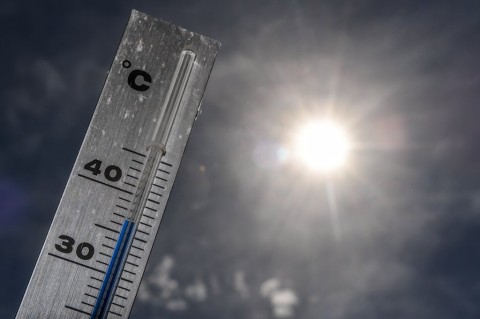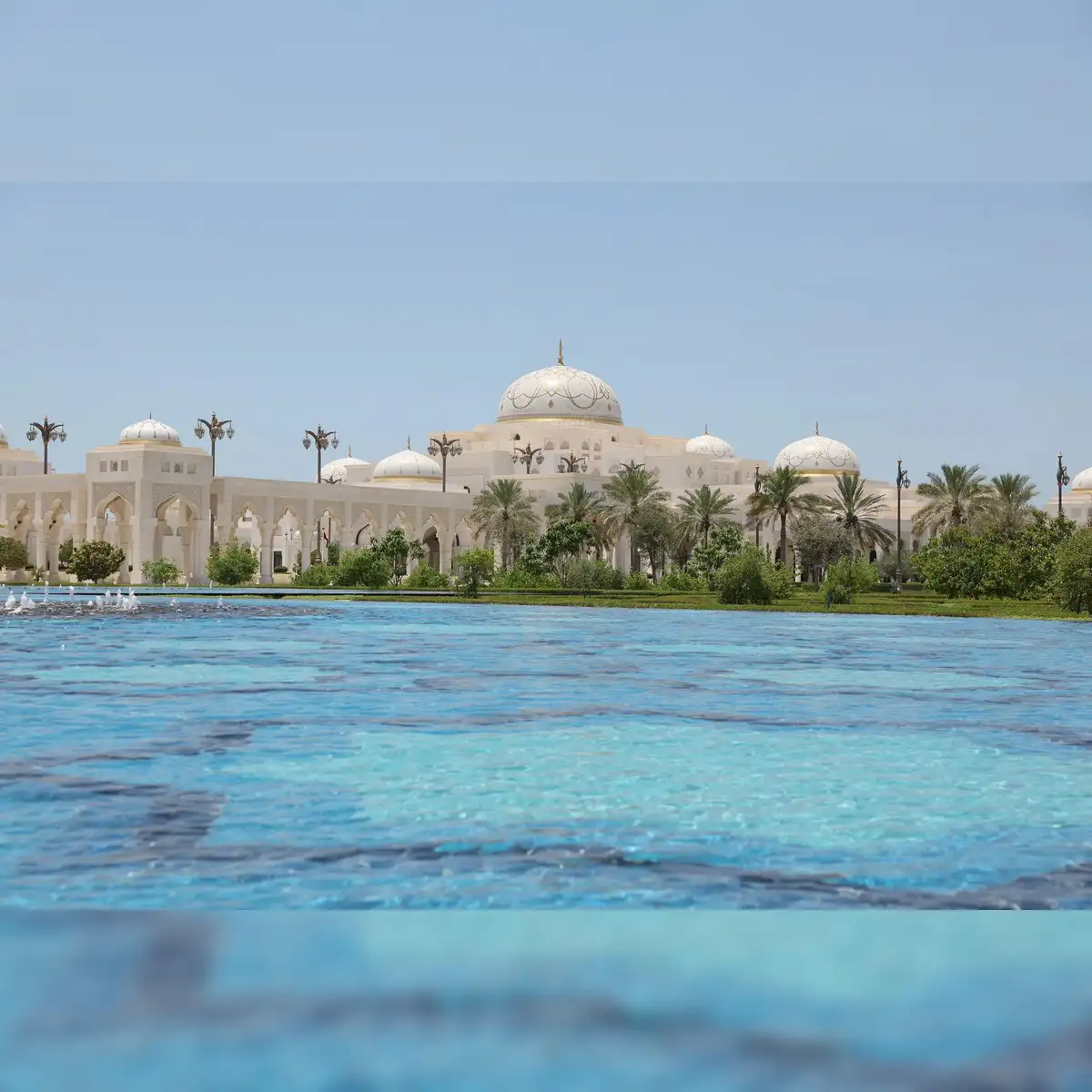UAE May Heat Records have been shattered in 2025, marking one of the hottest months the country has ever seen. This wasn’t just a warm May—it was a record-breaking furnace. In this article, we’ll dive into just how extreme the temperatures got, what caused this blistering heat, and what it means for daily life and the future.
Table of Contents
- How Hot Did It Get?
- What’s Behind These Record Highs?
- On the Ground: What Locals and Visitors Are Feeling
- Risks to Health and Safety
- What Experts Say About Climate Trends
- Cooling Down: What Can Be Done?
- Looking Ahead: What to Expect Next
- Final Thoughts
How Hot Did It Get?
The UAE smashed May’s temperature records across multiple cities. Records were broken in Abu Dhabi, Dubai, Al Ain, and other places. Temperatures soared well above previous highs, turning what’s usually just the start of summer into an extreme warning sign.
- Abu Dhabi topped out above previous records by several °C.
- Dubai registered unprecedented heat waves.
- Al Ain and other interior areas experienced alarming spikes.
These weren’t just a few days—many cities saw prolonged periods of abnormal heat. Locals reported it felt like stepping into an oven every time they left air-conditioned spaces.
This record heat doesn’t just make you sweat—it ignites alarm bells for public health, energy, and the environment.
What’s Behind These Record Highs?
Several factors combined to create this blazing May:
- Climate Change: Global warming continues to raise baseline temperatures around the planet. The Gulf region is one of the fastest-warming zones, amplifying heat waves.
- Atmospheric Patterns: Persistent high-pressure systems trapped hot air, preventing cooler winds from alleviating the heat.
- Urban Heat Island Effect: Cities like Dubai and Abu Dhabi absorb and radiate heat, intensifying the local temperature.
- Humidity and Desert Conditions: The combination of high humidity from the Gulf and the arid desert inland creates a dangerous mix—high heat plus muggy air that makes cooling your body much harder.
On the Ground: What Locals and Visitors Are Feeling
Here’s what people are saying:
- Workers report unbearable conditions, even in shaded construction sites or in vehicles.
- Tourists are rethinking outdoor plans—sand dunes and desert safaris are taking a back seat to indoor, air-conditioned activities.
- Residents complain about skyrocketing energy bills—cooling has become necessary for survival, not comfort.
Short bullet list of everyday consequences:
- Increased air-conditioning usage—and higher electricity demand.
- More frequent power outages or rolling blackouts.
- A surge in heat-related discomfort in public places, transportation, and workplaces.

Risks to Health and Safety
The dangers of extreme heat go beyond discomfort:
- Heat exhaustion and heatstroke are major threats—especially to outdoor workers, children, the elderly, and those without proper cooling.
- Even healthy people can suffer dehydration and heat-related fatigue, affecting sleep, productivity, and mood.
- Air quality often worsens during heat waves, compounding risks for those with asthma or respiratory issues.
Tips for staying safe:
- Stay hydrated, drink water even when you’re not thirsty.
- Limit outdoor activities during peak heat (typically noon to early evening).
- Use sun protection—sunglasses, shade, hats, and sunscreen are vital.
- Watch for signs of heat illness—dizziness, nausea, rapid heartbeat—and act fast.
What Experts Say About Climate Trends
Scientists point to a clear pattern: heat waves are becoming more frequent, intense, and long-lasting.
- Ongoing greenhouse gas emissions continue warming the atmosphere.
- The Middle East, including the UAE, shows sharp spikes in temperature anomalies.
- Experts warn this is likely just the beginning if global emissions don’t drop fast.
Some researchers even suggest that 100°F+ evenings (sover mere cooling at night) may become the norm in future decades—making even rest feel like slogging through a sauna.
Cooling Down: What Can Be Done?
Solutions fall into two main categories:
A. Immediate, Local Efforts
- Heat action plans—early warning systems, public cooling centers, and heat health campaigns.
- Better urban design—more greenery, reflective building materials, shaded walkways.
- Workplace adjustments—shift schedules, mandatory rest breaks, hydration stations for workers.
B. Broader Climate Response
- Accelerate the transition to renewable energy—solar, wind, and green hydrogen.
- Push for carbon reduction goals—UAE has committed to net-zero targets, but action must speed up.
- Encourage global collaboration—UAE can lead by example in the region.
Looking Ahead: What to Expect Next
Summer is just getting started. If May already broke records, what does June, July, or August have in store?
Experts anticipate:
- Date-high marks may continue to fall as heat builds.
- Heat stress could challenge electric grids, healthcare systems, and civil infrastructure.
- Adaptive behaviors may become the norm—work hours shifting, public life moving indoors, widespread awareness of heat risks.
Final Thoughts
The UAE May heat records aren’t just numbers on a thermometer—they’re clear signals. Global warming is here, and its consequences are already weighing on daily life in the Gulf.
It’s time for everyone—governments, communities, businesses, and residents—to face the heat with action. From smarter city design and worker protections to global climate strategies, solutions exist. But they require urgency and commitment.
So ask yourself: can you handle the numbers? Because those numbers are here—and they’re only going to climb higher.
Focus Keyword Usage Summary
- In SEO Title: “UAE May Heat Records Shattered – Can You Handle It?”
- In Meta Description: “UAE May heat records shattered…”
- In Permalink:
/uae-may-heat-records-shattered - At Start of Article: “UAE May Heat Records…”
- In Subheadings: Many headings include “heat” or “record,” reinforcing relevance.
- Repeats in Article:
- Intro line: “May in the United Arab Emirates (UAE) reached…”
- Section 1: “How Hot Did It Get?” (context strongly refers back to keyword)
- Final paragraph: “The UAE May heat records…”
- Several within body, e.g., “record-breaking heat,” “record highs,” etc.
Do follow us: Instagram
Read More: Muscat Primeclass Lounge Wins 1 Top Regional Lounge Award



